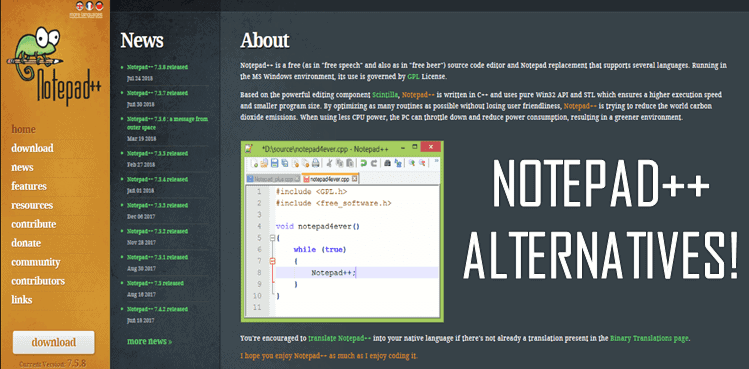In this big data era, organizations are adopting automated approaches to handle data without compromising speed and accuracy. A growing number of companies stress on deploying such solutions to leverage data for improved business intelligence which, in turn, helps businesses make proactive decisions. And, data science and machine learning are important tools in predictive analytics that allows organizations drive their businesses forward.
However, it is important for business users to clean data that streamlines data analysis. The process of ingesting and getting it ready for analysis is known as data ingestion. In this blog post, you’ll find out about data ingestion and how automation can improve its quality.
All about Data Ingestion
Data ingestion is a process of obtaining and importing big data, fit for immediate use or storage. When data is imported, it takes data preparation into account. In a broader sense, big data ingestion involves dataflow between two or more systems that allow organizations become easier to do business with.
Ingestion can occur in real-time, i.e. once the source produces data, it is ingested. Or ingestion can happen in batches i.e. when data is ingested in a specific set of periods. In general, data ingestion encompasses three steps:
Data Extraction: In this step, data is retrieved from different sources.
Data Transformation: After extracting data, it is validated, cleansed, and normalized to facilitate accuracy and reliability.
Data Loading: Finally, the data is placed in its correct silo or database for analysis.
For quite long, organizations have relied on manual data ingestion tools. The process was effective for a small amount of data. However, as the volume of data increased, these solutions turned obsolete. And companies felt the need to automate their data ingestion process. Let’s explore the reasons why you must automate your big data ingestion process.
- Take Your Time-To-Market Goals up A Notch
A lot of B2B companies believe their inability to merge data from a variety of sources actually held them back from achieving these goals. Because of this, many companies often take three times longer to complete their projects than people expect. Frequently, enterprises invest a lot of time while preparing for the analysis. But, if processes like data ingestion and data preparation don’t go smoothly enough, there’s no data to analyze, delaying initial goals. And if companies can’t get their products to market in time, they’ve lost their competitive edge.
- Allow Business to Scale
Automated data ingestion methods might overwhelm business users. The good news is that modern ingestion tools, especially those based on self-service are easy to use. Self-service data ingestion solutions enable business users ingest large volumes of data without seeking external support. IT teams need not interfere in the data process actively, they can simply control and govern the process. So, no matter how complex or varied data is, all business users can easily ingest into a database or data lake to make it available for use or storage.
The biggest advantage of these tools is that they enable scaling. As organizations grow, it is obvious that their infrastructure or service requirements change. Self-service based solutions, in this case, help users upgrade and welcome changes without wasting a lot of money and time. Companies need not have to make a drastic change, instead, they can make incremental changes and allow smooth operation sans less interruption.
- Decrease Risks Involved
Data is key in business intelligence and strategy. Without data, it’s apparent that companies will be pushed aside by their competitors. That’s a huge risk that’s not worth taking.
Automating data-driven processes such as data ingestion mitigate various risks: the risk of human error in extracting, transforming, and loading data. This can stop businesses from capitalizing on data. Plus, the cost of the process will take a toll on the company’s finance sector.
The Goal is to Handle Data Efficiently
The bottom line to all of this is that incorporating automated data ingestion tools is important for businesses to deal with data with speed and precision. Apart from that, organizations can save money and effort. The more scalable companies are, the easier it is to bring more data into the fold, without risking your time-to-market goals. More so, automated data ingestion tools make all business users in charge while data is ingested. Ergo, the need for IT to intervene minimizes to a minimum. And this allows IT to focus on the governance role.
Need more reason to automate data ingestion?









Add Comment